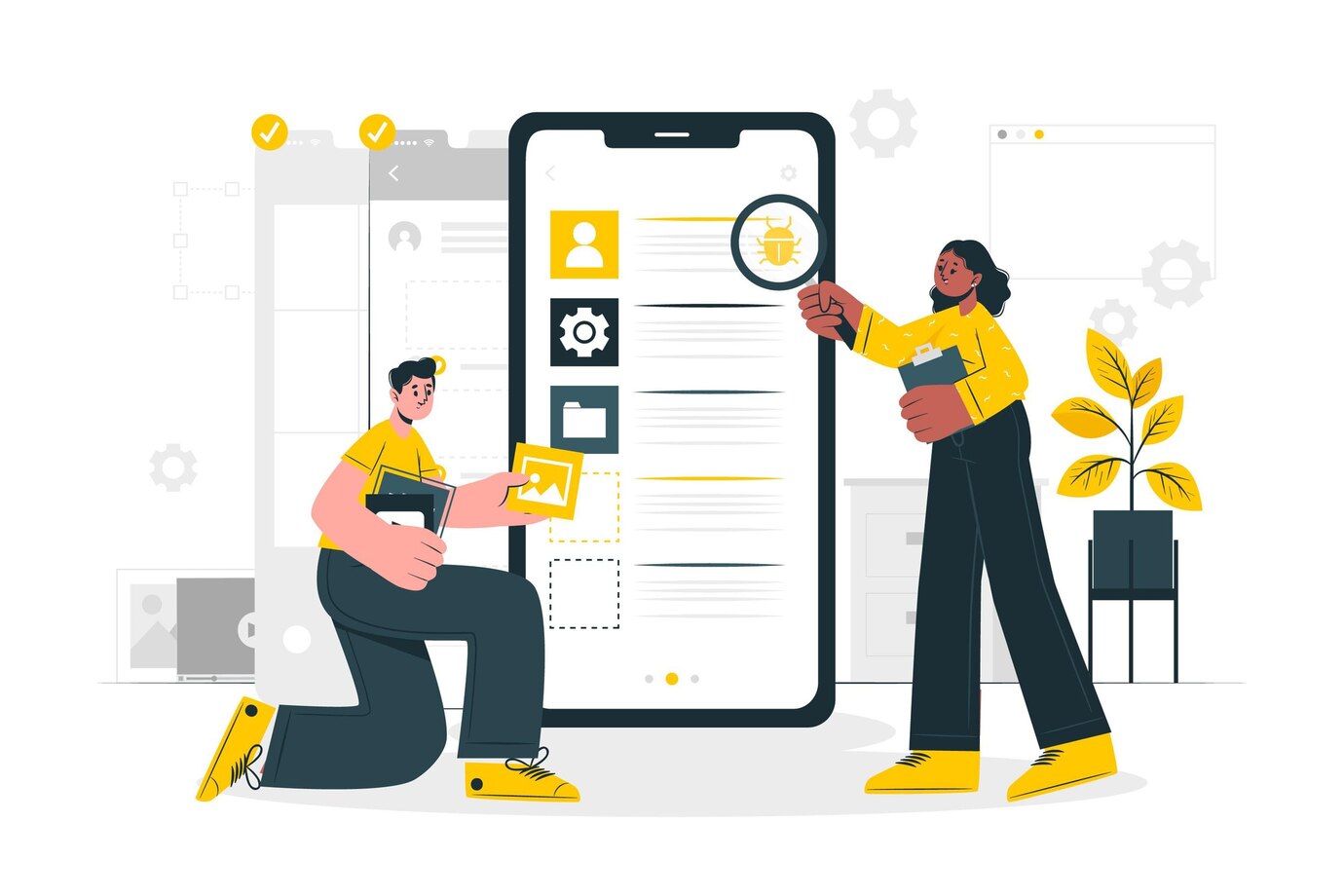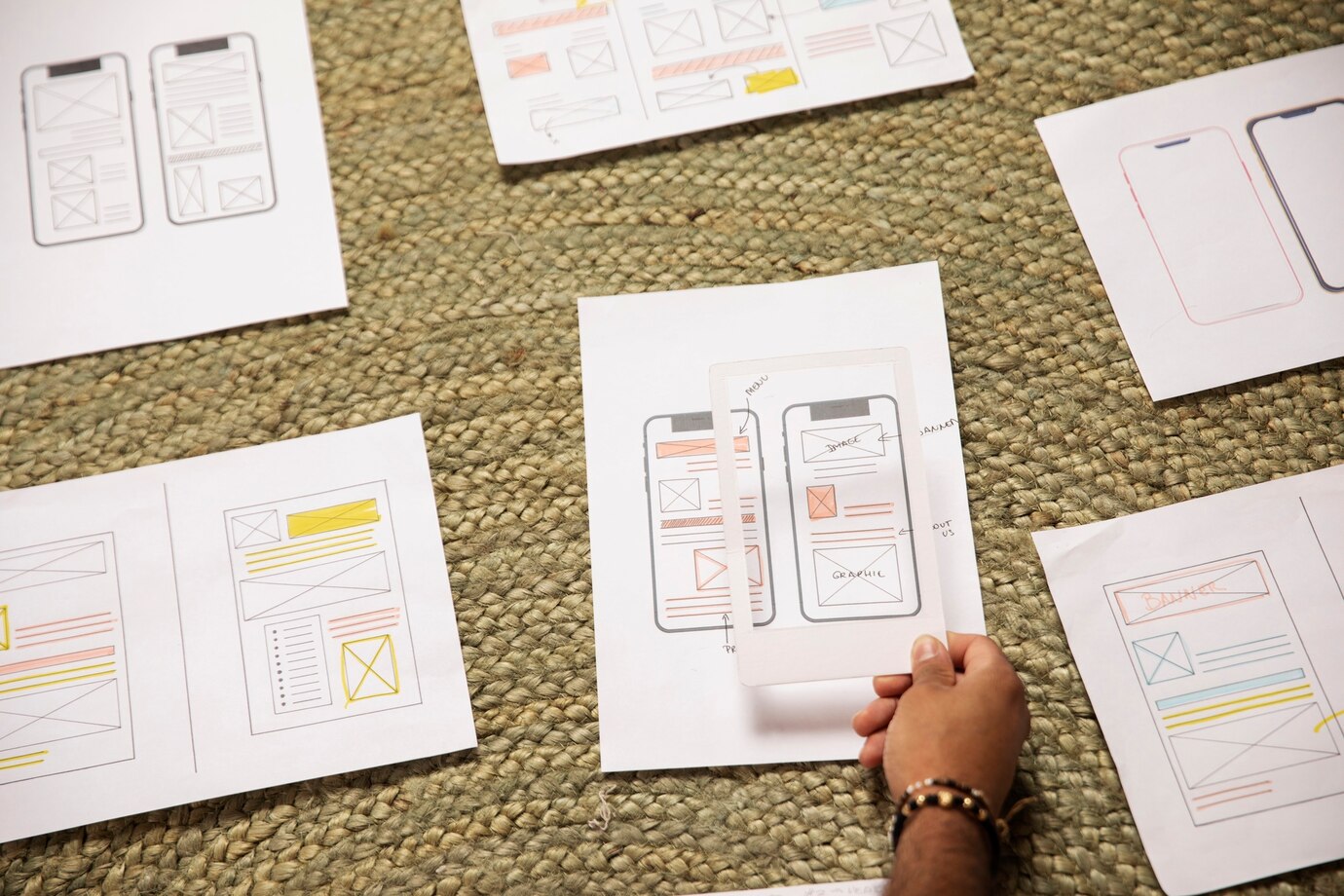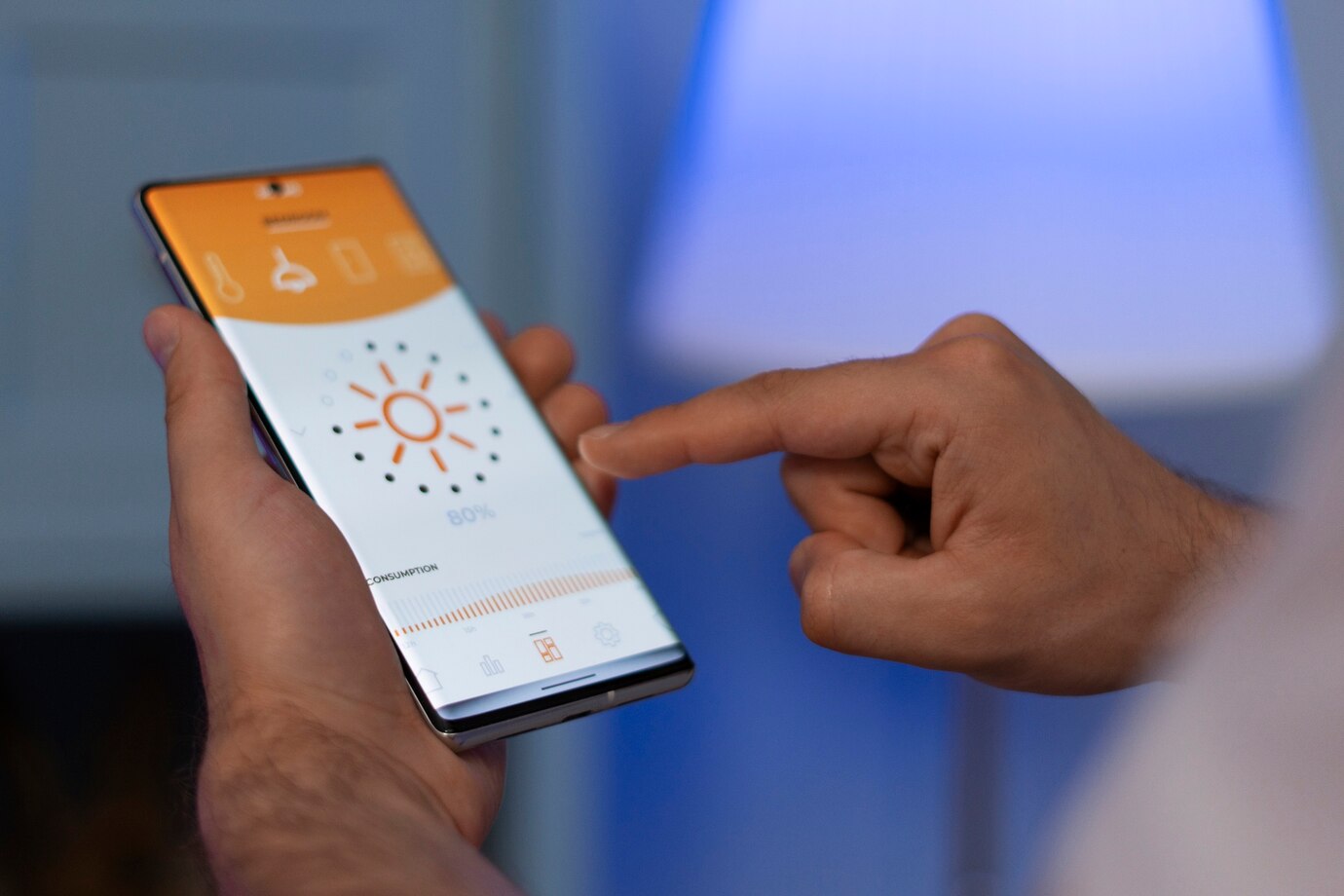mobile app Testing: Ensuring Quality and Performance
In today’s competitive digital landscape, mobile app developers face the challenge of delivering high-quality applications that meet user expectations. mobile app testing plays a crucial role in ensuring the app’s functionality, performance, and overall success. This process helps detect bugs, enhance user experience, and ensure the app performs seamlessly across various devices and platforms.
1. Functional Testing

mobile app developers use functional testing to ensure the app’s features work as expected. This involves testing individual functions like login, navigation, and data input. Proper functional testing guarantees that users can perform tasks smoothly without encountering errors.
2. Usability Testing

Usability testing focuses on assessing the app’s interface and ease of use. Developers check if the app’s design, navigation, and functionality are intuitive. A user-friendly interface improves engagement and keeps users coming back.
3. Performance Testing

Performance testing evaluates the app’s speed, responsiveness, and stability. mobile app developers test the app under different network conditions and user loads. This ensures the app performs well, even in demanding scenarios like high traffic or limited connectivity.
4. Compatibility Testing

Compatibility testing ensures the app works across different devices, screen sizes, operating systems, and browsers. Developers check for consistency in appearance and functionality, reducing the risk of device-specific issues.
5. Security Testing

Security testing identifies potential vulnerabilities such as data breaches or unauthorized access. Developers focus on data encryption, secure authentication, and data privacy compliance to protect user information and build trust.
6. Localization Testing

Localization testing ensures the app adapts to different languages, regions, and cultural preferences. Developers check text translations, currency formats, and date settings. This makes the app appealing to a global audience.
7. Automation Testing

Automation testing involves using automated tools to perform repetitive tasks like regression testing. mobile app developers save time by automating tests, enabling faster releases and continuous integration.
8. Manual Testing

Despite automation’s advantages, manual testing remains essential. Human testers evaluate the app from a user’s perspective, detecting usability and design issues that automated tools may miss.
9. Testing Strategy

A well-defined testing strategy combines multiple testing methods. Developers create test plans with specific goals, run tests at various development stages, and address issues early. This reduces development costs and ensures timely app delivery.
10. Continuous Testing and Updates

Testing doesn’t end after the app's launch. Developers must monitor performance, gather user feedback, and release updates regularly. This ensures long-term app success through continuous improvement.
In conclusion, mobile app testing is essential for delivering high-quality applications. By integrating a robust testing process, mobile app developers can create reliable, secure, and user-friendly apps that stand out in the competitive app market. This approach not only enhances user satisfaction but also drives long-term business success.






